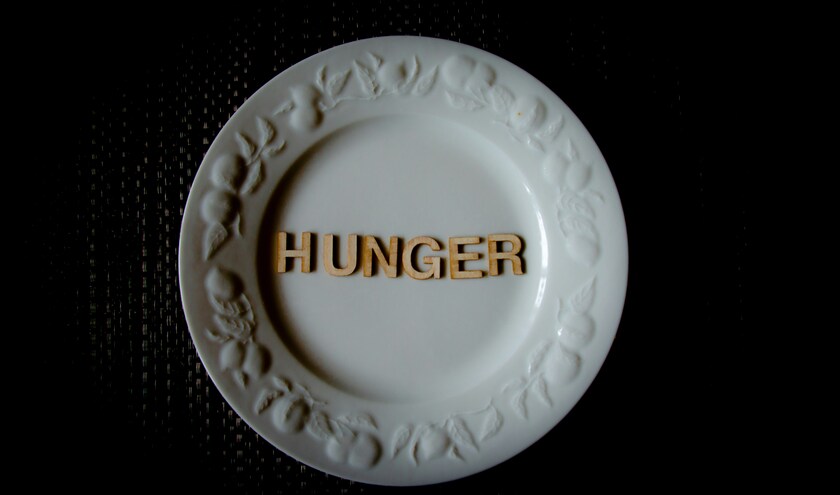A report by the Trussell Trust shows one in six (16%) of households, or 14.1m people, are going without enough food, up from one in seven (14%) households, or 11.6m people in 2022.
The charity said one in three (31%) children under five were growing up in a food insecure household. In addition, over a quarter (27%) of disabled people experience food insecurity with nearly three quarters (74%) of people referred to food banks in the Trussell community disabled.
Additionally, over half (52%) of people receiving Universal Credit experienced hunger in the last year, and almost a quarter (23%) had to access a food bank or other charitable food provision, the charity said.
It called on the Governnent to use the Child Poverty Strategy and Autumn Budget to go further with changes that people will feel before the end of this Parliament, including: scrapping the cruel two-child limit to lift 470,000 children out of hunger and hardship; introducing a full protected minimum floor in Universal Credit as a low-cost step towards an Essentials Guarantee; and uprating Local Housing Allowance in line with the cheapest 30% of local rents to combat hunger and homelessness.
A DWP spokesperson said: ‘This Government is determined to tackle the unacceptable rise in food bank dependence.
‘In addition to extending free school meals and ensuring the poorest children don't go hungry in the holidays with £1bn to reform crisis support, our Child Poverty Taskforce will publish an ambitious strategy later this year.
‘We are also overhauling job centres and reforming the broken welfare system to support people into good, secure jobs, while always protecting those who need it most.'



